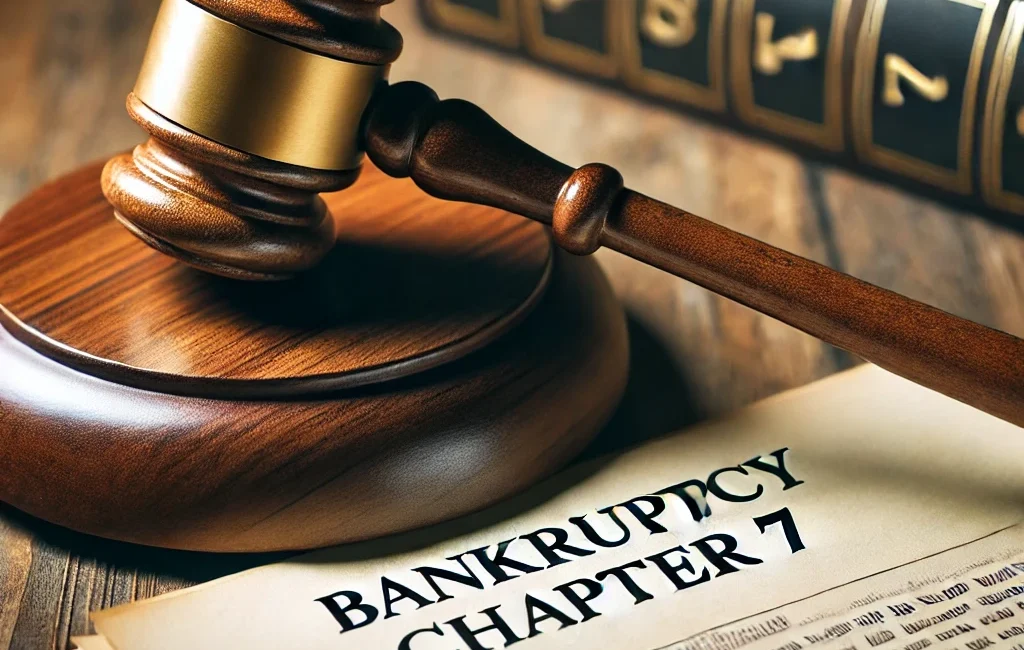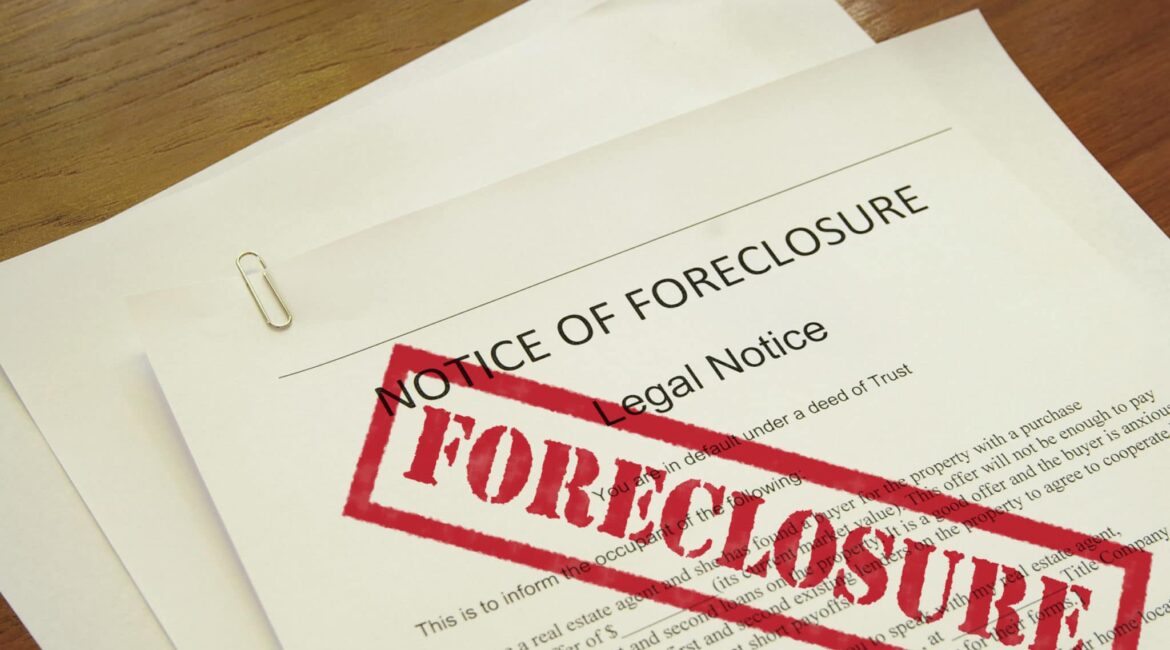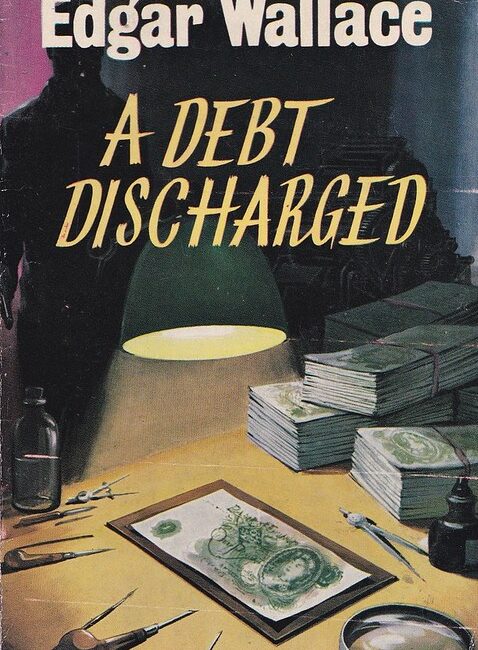If you've gone through a divorce or paternity case and were awarded alimony or child support, you may be wondering what happens if your ex-spouse or co-parent files for bankruptcy. Can they erase their financial obligations to you? How does the type of bankruptcy they file impact your support payments?...
FORECLOSURE BEING THREATENED? HOW TO SAVE YOUR HOME THROUGH CHAPTER 13 BANKRUPTCY
A Chapter 13 Bankruptcy may be a solution for homeowners who have fallen behind on their mortgage payments, even after a foreclosure complaint has been served or a judgment of foreclosure has been entered. The warning bells are being sounded: Sun-Sentinel "Thousands in South Florida Could Face Foreclosure With Federal...
Chapter 11 Bankruptcy Made Easier for Small Businesses Struggling with COVID-19 Downturn
Changes That Came At The Right Time The Small Business Reorganization Act of 2019 became effective on February 19, 2020. The Act, along with recent changes to the Bankruptcy Code contained in the CARES stimulus bill, will make it easier for small businesses to reorganize through Chapter 11. The new...
Bankruptcy Does Not Mean You Become Debt Free
Some people mistakenly believe that after they file for bankruptcy, their debts are wiped clean and they get a completely fresh start. Unfortunately, the federal bankruptcy code is not that kind. If you file for Chapter 7 bankruptcy, the majority of your debt will be cleared away, but there are...
Student Loans and Why They are Not Dischargeable in Bankruptcy
Imagine the following scenario: You have hit financial trouble and are contemplating bankruptcy to help get your financial house in order. You hope that bankruptcy will provide some respite from your financial follies and/or staggering debts. Unfortunately, this is not the case if you owe student loans. If you are...
Understanding Frozen Assets in Bankruptcy
When someone files for bankruptcy, they may think they will literally lose everything to creditors. They have nightmares of wages garnished to the point where they will not be able to to put food on their plate. This is simply not accurate. In fact, in many cases, your personal bank...
Exempt Assets and Bankruptcy in Florida
Many people mistakenly believe that once you declare bankruptcy, you are left with nothing. This is not true. In fact, Florida law categorically classifies a class of assets that are “exempt” from the effects of a Chapter 7 bankruptcy filing. Homestead Exemptions Pursuant to Article X, Section 4 of the...
Understanding the Difference Between Chapter 7 and Chapter 13 Bankruptcy
Bankruptcy is the federal legal process by which consumers and business entities can effectively eliminate all or a part of their pending debts during personal or financial hardships. There are different ways a person or business files for bankruptcy under the U.S. Bankruptcy Code: liquidation (Chapter 7 bankruptcy) and reorganization...
Understanding Chapter 11 Bankruptcy
If you operate a business and it is struggling financially, you may be considering Chapter 11 bankruptcy. Typically, someone who files under Chapter 11 has a business that is generating money but is having serious financial difficulties due to debt obligations that far exceed monthly revenue. Purpose of Chapter 11...
Understanding Florida’s Bankruptcy Means Test
Deciding to file for bankruptcy is not as simply as filling out a few forms and going to the courthouse. In fact, there are a myriad of rules and regulations that must be met for a Chapter 7 bankruptcy to be officially recognized by a Florida court. For example, an...







